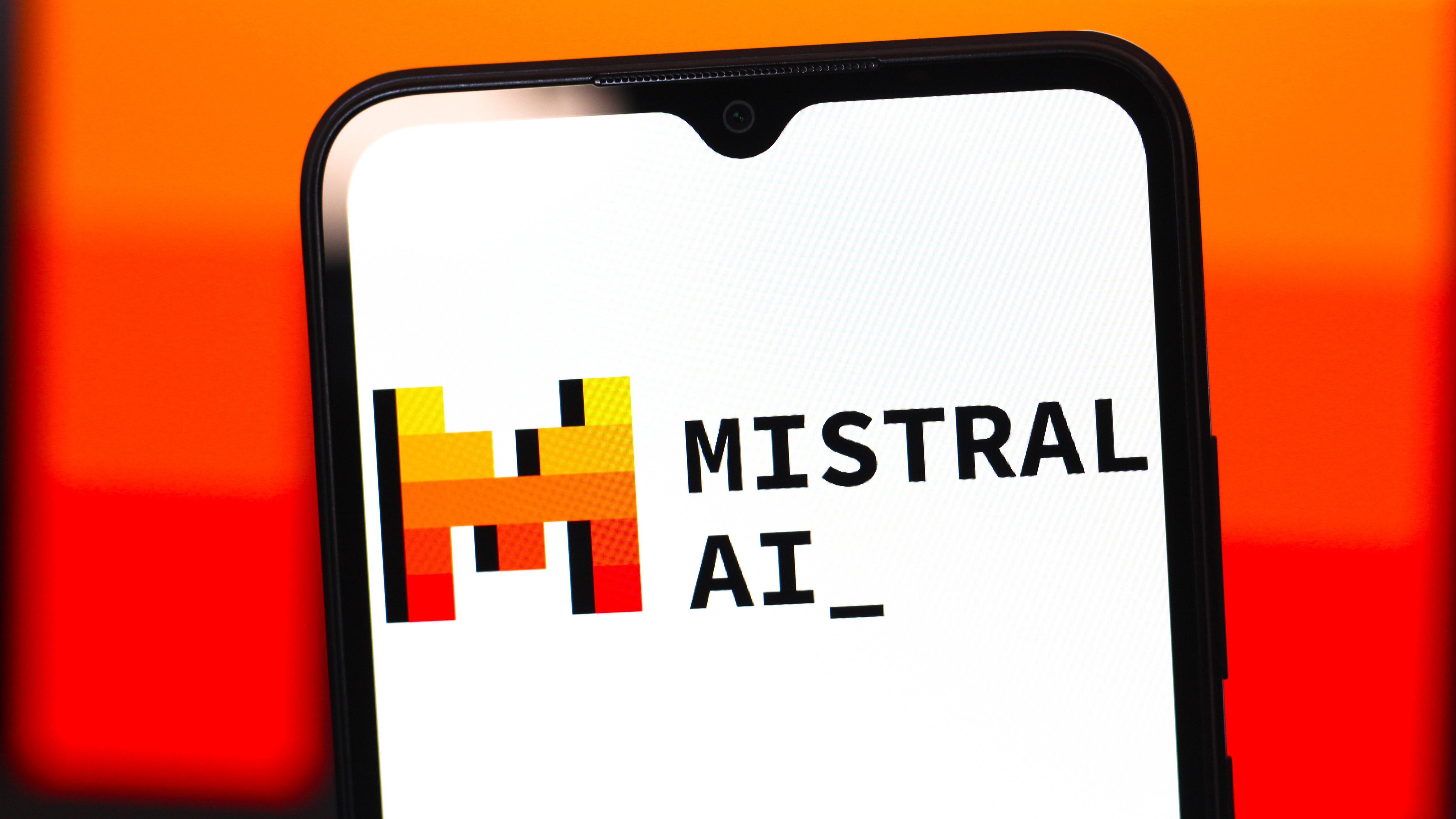Mistral targets security-conscious developers with new AI coding assistant

Mistral AI has announced a new coding assistant designed for secure enterprise deployment, with a focus on customizable models and observable decision making.
The assistant runs on a bundle of four Mistral models, all of which specialize in an aspect of its broader capabilities. It generates code using Codestral, Mistral’s coding assistant fluent in over 80 programming languages, while drawing on Codestral Embed, intended for code searches and retrieval augmented generation (RAG), for coding context.
Additionally, the assistant contains Mistral’s agentic software engineering LLM Devstral, which it has claimed can more accurately solve real-world software engineering problems, as well as its general model Mistral Medium 3 for handling user chats.
The French AI giant said it spoke with CISOs, platform leads, and VPs of engineering and found there are four common hurdles to adopting coding copilots.
These were restrictions on how they can connect to internal code repositories, low customizability, surface-level task completion rather than reasoning processes, and multi-vendor SLAs split across copilot models, infrastructure, and software.
Mistral Code also comes with 24/7 support.
It has claimed to address all these pain points with Mistral Code, which combines all models, inference infrastructure, compliance, and support in one offering.
Mistral has emphasized that Mistral Code is built on the open source project Continue, which it praised for its transparency, but added that it has made key changes that improve its capabilities in areas such as user chats, audit logging, multi-line editing, and issue resolution.
Mistral Code is currently in private beta via JetBrains IDEs and VSCode. The firm has promised to make it generally available in the near future, after receiving customer feedback.
Will Mistral AI’s coding gambit work?
As Anthropic continues to dominate coding benchmark leaderboards and the likes of OpenAI and Google continue to roll out more powerful code generation models, Mistral will find it ever harder to carve a space for itself in the market.
Leaning into open source, customizable, locally-run tools such as Mistral Code could be a path for the firm to maintain relevance and win over a core developer community. AI code generation is still far from ubiquitous and to me, it seems developers are willing to give all tools a fair shot if their organizational policies allow for it.
The potential benefits of running AI coding tools entirely on premises could prove especially attractive for firms within Europe looking for more control and transparency in AI, in the wake of the EU AI Act. It could also be an enticing offer for organizations in controlled sectors such as finance, government, healthcare, or defense.
But ultimately, it comes down to whether developers enjoy using Mistral Code and find it satisfactory for their needs. The lower costs and latency of running on premises are important but if it still lags behind rivals in terms of sophistication, leaders may be willing to fork out the extra cash to go elsewhere.
MORE FROM ITPRO
Source link






